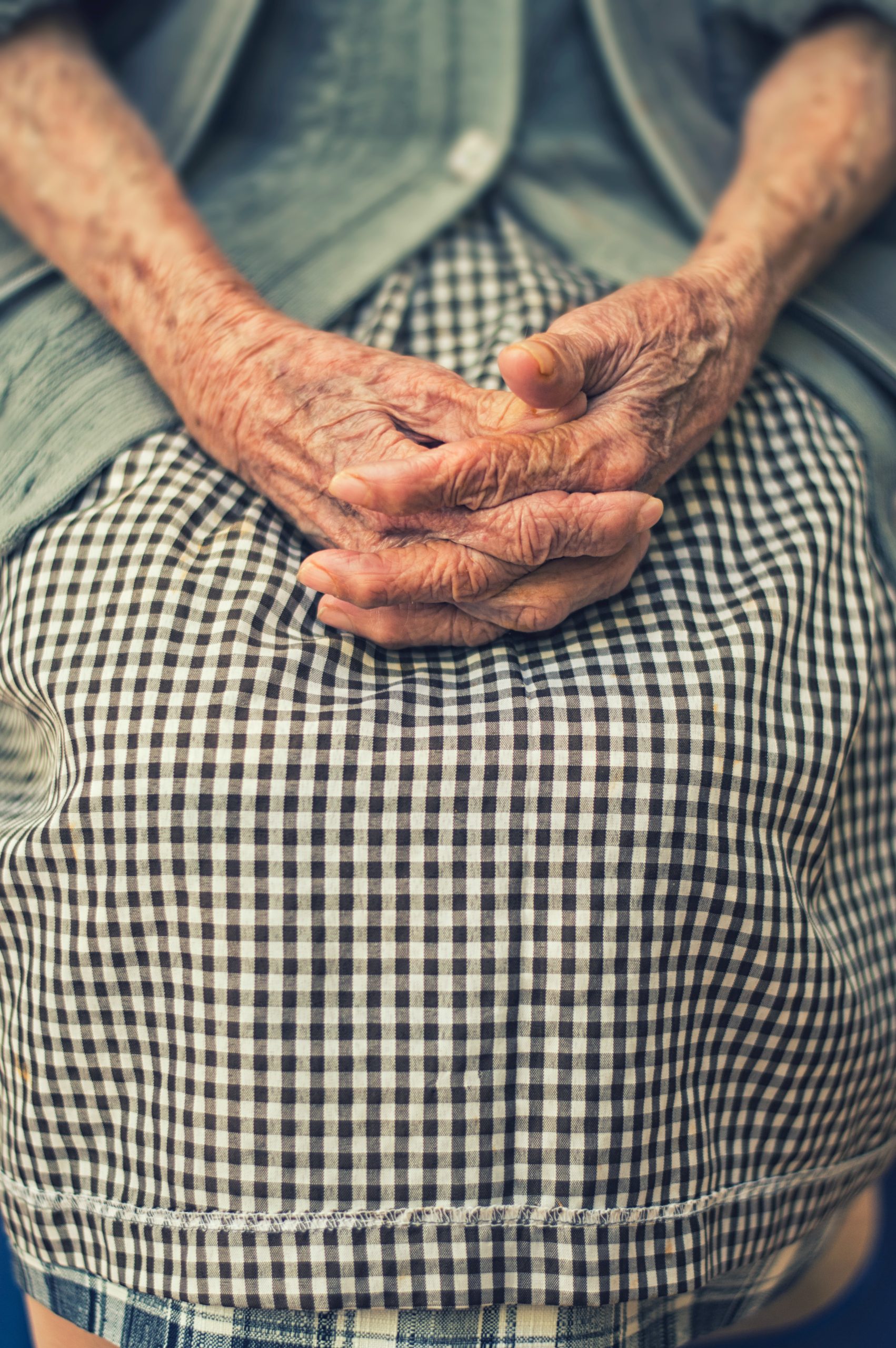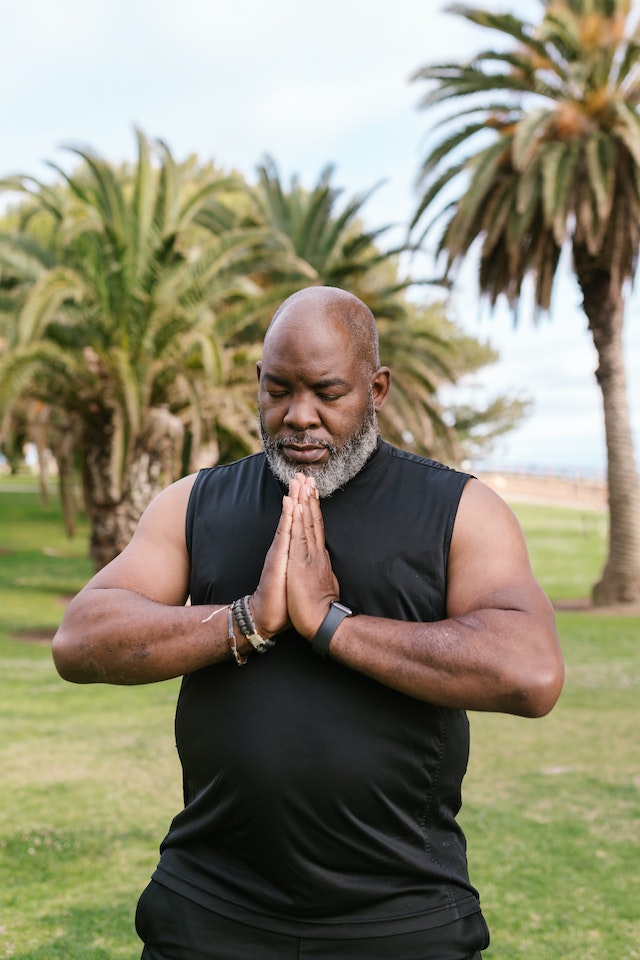Could Your Be Graying? Experts Weigh In
Are you seeing more gray hairs than usual? You’re not alone. It’s not just a sign of aging anymore – even young people are experiencing premature graying. While genetics play a role, other factors such as diet and stress can also contribute. In this blog post, we’ll delve into the causes behind premature graying and share expert insights on how to prevent or reverse it. So if you’re wondering why your hair is losing its color faster than expected, keep reading!
Introducing the Problem: Why More Young People Are Going Gray
Gray hair used to be a sign of wisdom and maturity, but now it’s becoming a common problem among young people. While genetics is the primary cause of graying hair, other factors are contributing to this trend.
One explanation is that our modern lifestyle has increased stress levels in individuals, leading to premature aging. Stress hormones like cortisol affect melanin production in hair follicles, which leads to gray hairs.
Another possible explanation is diet. Many young adults have poor eating habits that lack essential nutrients for healthy hair growth, such as vitamin B12 and iron. The deficiency can lead to weakened pigment cells and ultimately result in gray or white strands.
Moreover, exposure to environmental toxins through air pollution and chemicals found in personal care products can also damage DNA inside the body’s cells responsible for pigmentation.
While going gray at an early age may not be entirely preventable due to genetic predispositions; adopting healthy lifestyle habits such as exercising regularly or consuming nutrient-dense foods could help delay the onset of premature graying.
Hormones and Stress as Causes of Premature Graying
Our hair is a reflection of our overall health, and when it comes to premature graying, hormones and stress can play a significant role. Hormones are responsible for many bodily functions, including hair growth and pigmentation. When there’s an imbalance in hormone levels, such as during menopause or thyroid disorders, it can cause premature gray hair.
Stress is another major factor that can contribute to early graying. High-stress levels trigger the release of cortisol, which can damage melanin-producing cells that give color to our hair follicles. Additionally, stress also affects circulation in the scalp area by narrowing blood vessels; hence fewer nutrients are delivered to the hair roots.
Moreover,hair pigment production decreases with age resulting in less melanin being produced leading to grey hairs.
The degree of greying varies depending on the genetic makeup of individuals.
Some people may start seeing grey hairs at their twenties while others not until middle-age.
While we cannot always control hormonal changes or eliminate all sources of stress from our lives completely, incorporating relaxation techniques like meditation or yoga into daily routines could help manage these factors better.
Also opting for nutritious foods rich in Vitamins A,C,D,and E,minerals like Zinc,Iron,Selenium,and Copper which aid collagen formation,promote tissue repair,stave off free radicals contributing to healthy locks. Overall,the key takeaway here is that taking care of your mental and physical well-being plays a crucial role in managing premature graying caused by hormones and stress.
Diet and Gray Hair
The food we eat is essential to our overall health, including the health of our hair. A diet that lacks certain nutrients can lead to premature graying. So, what should we be eating to prevent gray hair?
Firstly, make sure you are consuming enough protein. Hair is made up of a protein called keratin, and without enough protein in your diet, your hair may suffer. Foods such as eggs, fish and lean meats are great sources of protein.
Next up: vitamins! Vitamin B12 helps with the production of red blood cells which carry oxygen to the scalp – this can help slow down the graying process. You can find vitamin B12 in foods such as meat and dairy products.
Another important nutrient for preventing gray hair is copper. Copper helps with melanin production (the pigment that gives color to our skin and hair). Foods rich in copper include shellfish, nuts and seeds.
Don’t forget about antioxidants! Antioxidants help protect against damage caused by free radicals which can cause premature aging including graying of the hair. Fruits and vegetables are excellent sources of antioxidants!
It’s important to have a balanced diet full of all necessary nutrients for optimal health – including healthy looking colorful locks!
Is There a Link Between Gray Hair and Cancer?
Gray hair is often associated with aging, but it can also occur prematurely due to genetics or certain lifestyle factors. While some people may worry that premature graying is a sign of cancer, there is currently no evidence to support this claim.
However, recent studies have suggested that there may be a link between gray hair and an increased risk of skin cancer. This could be due to the fact that melanocytes – cells responsible for producing pigment in both the skin and hair – are more susceptible to damage from UV radiation as we age.
Another theory suggests that the same genetic mutations responsible for causing gray hair may also increase the risk of developing certain types of cancer. However, further research is needed in order to fully understand any potential links between these two conditions.
It’s important to note that while premature graying itself isn’t cause for concern when it comes to cancer risk, individuals who experience sudden or significant changes in their hair color should always consult with a healthcare professional just to rule out any underlying health issues.
How to Prevent or Reverse Gray Hair
Gray hair is a natural part of aging, but many people experience premature graying due to various factors. If you want to prevent or reverse gray hair, there are several strategies that you can try.
Firstly, managing stress levels is important as it has been linked to premature graying. Practicing meditation and deep breathing exercises can help reduce stress levels and promote relaxation.
Secondly, consuming a balanced diet rich in vitamins and minerals such as vitamin B12, copper and zinc can help keep your hair healthy. Foods like salmon, nuts, leafy greens and eggs are all great sources of these nutrients.
Thirdly, avoid smoking and excessive alcohol consumption as they have been linked to increased risk of premature graying.
Using natural remedies such as applying onion juice or coconut oil onto the scalp may also help slow down the onset of gray hair. However more research is needed on their effectiveness for reversing gray hair.
In conclusion by incorporating some lifestyle changes into your routine while consulting with a dermatologist may be helpful in preventing or slowing down grey hairs from appearing too soon.
Conclusion
Premature graying can be a frustrating and concerning issue for many young people. While genetics plays a role in when we start to go gray, there are also lifestyle factors that contribute to this process.
Hormones and stress can cause premature graying, but so too can poor diet choices. It’s important to ensure you’re getting enough nutrients like vitamin B12, iron, and copper through your diet or supplements.
While it may not be possible to completely prevent gray hair from appearing, taking steps towards leading a healthy lifestyle can help delay the onset of premature graying or even reverse it in some cases.
So if you’re worried about going gray too soon, make sure you’re eating well-balanced meals with plenty of nutrient-dense foods. And don’t forget to take care of yourself both mentally and physically – reducing stress levels through exercise and self-care practices could help keep those silver strands at bay for longer!










